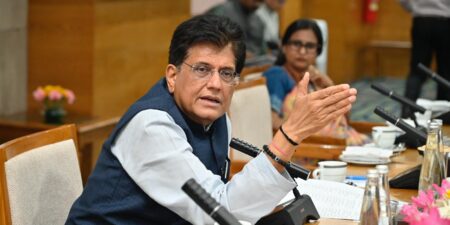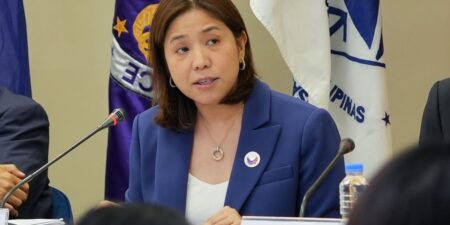The BGA Papua New Guinea Team, led by Managing Director Amb. Ian Kemish, wrote an update to clients on the changing political landscape of PNG.
Context
- PNG’s Parliament sat for the first time this year on February 14, with the opposition intent on ousting Prime Minister James Marape, submitting notice for a vote of no confidence and naming Alan Bird from Sepik Province as an alternative prime minister. On February 22 the notice was denied by the Parliamentary Business Committee.
- Political uncertainty is set to continue over the coming months. The government has now adjourned Parliament until May to buy more time and political safety, while the opposition is turning to legal avenues to challenge the decision of the parliamentary committee. To add to the turbulence, PNG is facing the possibility of a resurgent fuel crisis. Puma Energy, the country’s main fuel provider, has announced that it is taking steps to wind down its operations in the country. Meanwhile, tribal fighting in Enga Province in the highlands has resulted in a massacre of 49 people, the deadliest incidence of violence in the region in recent history.
Significance
- There are now 23 MPs in the opposition. A successful vote of no confidence would need a majority of 60 members, meaning the government still has a strong majority. But considering the unpredictability, fluidity and fast-changing nature of allegiances among members of Parliament in PNG politics, holding on to these numbers is not a given. The political environment will remain volatile as Marape’s government will do what it can to stay in power while the opposition will continue to pursue a change in government, which will distract it from addressing the core issues of security and service delivery.
- Puma Energy has a monopoly over fuel supply in PNG but has been restricting fuel imports due to a lack of foreign exchange since July. Recently Puma announced its options for negotiation have been exhausted, and that it will no longer be able to import fuel until further notice. Parliament has passed a motion to act on tribal conflicts and violence in Enga Province, and the government has spoken about introducing a domestic terrorism act and setting up a special police unit to quell escalating tribal violence, but little concrete action has been taken.
Implications
- Businesses may face real challenges engaging the PNG government until the current distraction associated with the possible vote of no confidence has passed. A resolution by May is possible.
- Business and investor confidence has taken a large hit. PNG is facing significant hurdles with no signs of genuine progress on key projects such as the Papua LNG project and the Porgera mine, both of which are essential to the country’s economic future.. Because the government continues to be distracted with political jockeying, genuine solutions for the security and economic issues will be even more delayed, which will entrench further societal dissatisfaction and exacerbate instability and the breakdown of law and order.
We will continue to keep you updated on developments in Papua New Guinea as they occur. If you have any comments or questions, please contact BGA Papua New Guinea Managing Director Amb. Ian Kemish at ikemish@bowergroupasia.com.
Best regards,
BGA Papua New Guinea Team


























